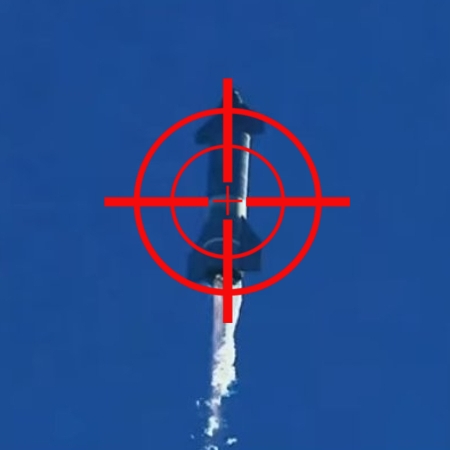FCC approves Starlink for moving vehicles; rejects DISH’s request to use Starlink wavelength
The FCC made two decisions yesterday that were both favorable to SpaceX’s Starlink satellite constellation.
First, it gave Starlink permission to provide service on moving vehicles such as cars, trucks, boats, and aircraft. Second, it rejected a DISH network request to use a wavelength in its ground-based system that is presently being used by both Starlink and OneWeb satellites.
This decision will continue the shift in communications from high-orbit/ground-based to low-orbit satellite constellations.
The FCC made two decisions yesterday that were both favorable to SpaceX’s Starlink satellite constellation.
First, it gave Starlink permission to provide service on moving vehicles such as cars, trucks, boats, and aircraft. Second, it rejected a DISH network request to use a wavelength in its ground-based system that is presently being used by both Starlink and OneWeb satellites.
This decision will continue the shift in communications from high-orbit/ground-based to low-orbit satellite constellations.



